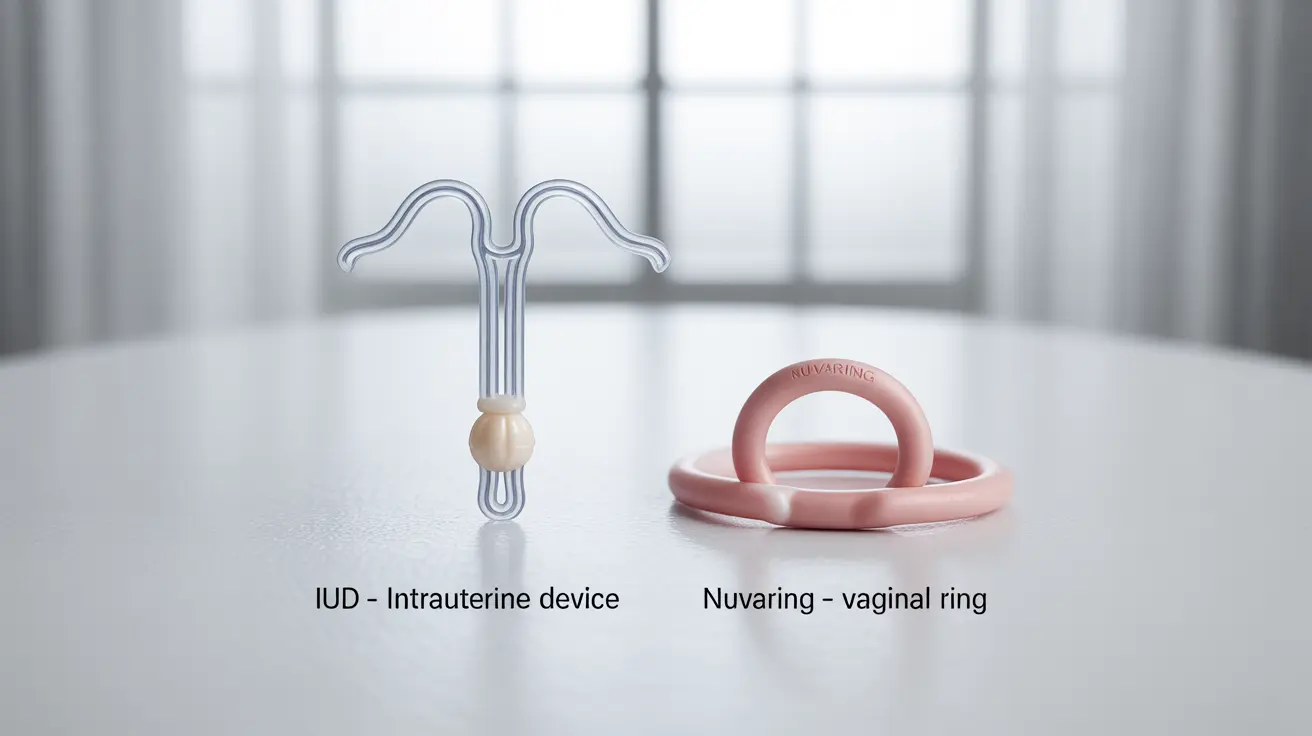GetLabTest News
Symptom Analysis
Interpreting Test Results
Diseases & Symptoms
Health Queries Answered
All
Latest
How to Be a Better Person and Be Happy: A Complete Guide to Personal Growth
Explore essential strategies on how to be a better person and be happy through mindfulness, empathy, and personal growth techniques.

Explore the key differences between IUD vs NuvaRing. Understand their mechanisms, effectiveness, side effects, and find the best birth control for you.
Health Queries Answered
min read

Discover how a shikibuton can enhance sleep quality and spinal health. Learn its benefits, potential drawbacks, and choosing the right one.
Health Queries Answered
min read

Discover the benefits of superfoods and how to incorporate them into your diet for optimal health and well-being. Boost your nutrition today!
Health Queries Answered
min read

Discover what rook piercing pain feels like and how to effectively manage discomfort during the healing process. Expert tips included.
Health Queries Answered
min read

